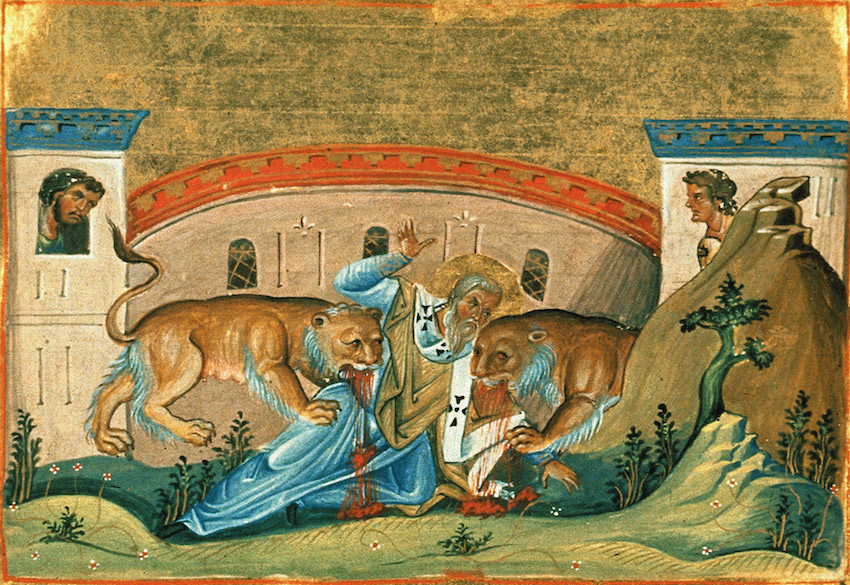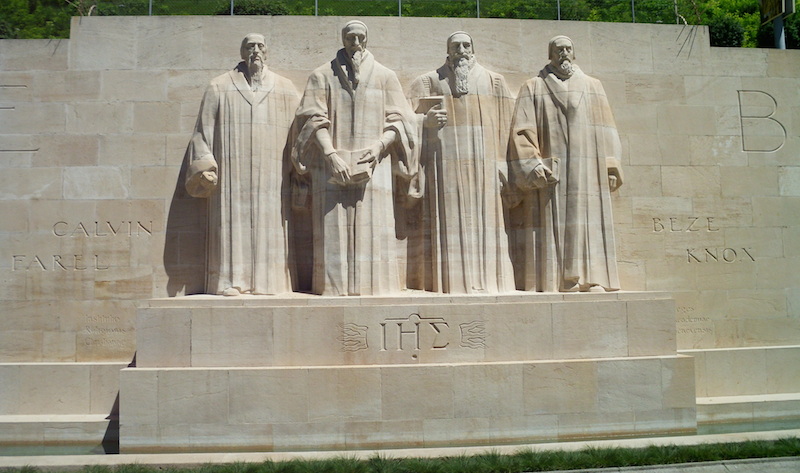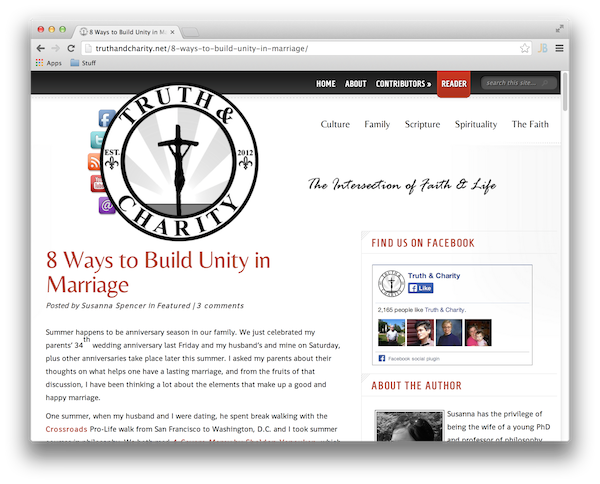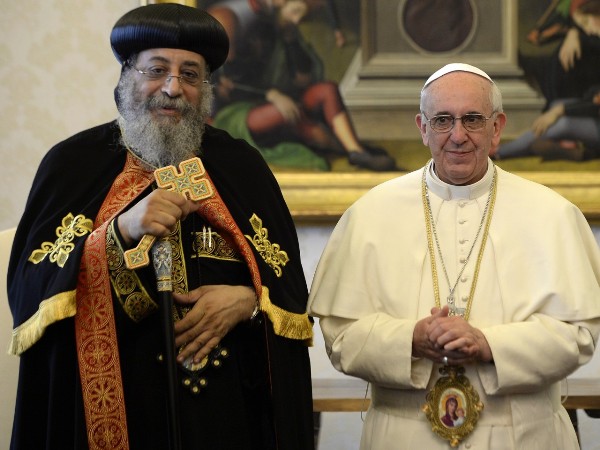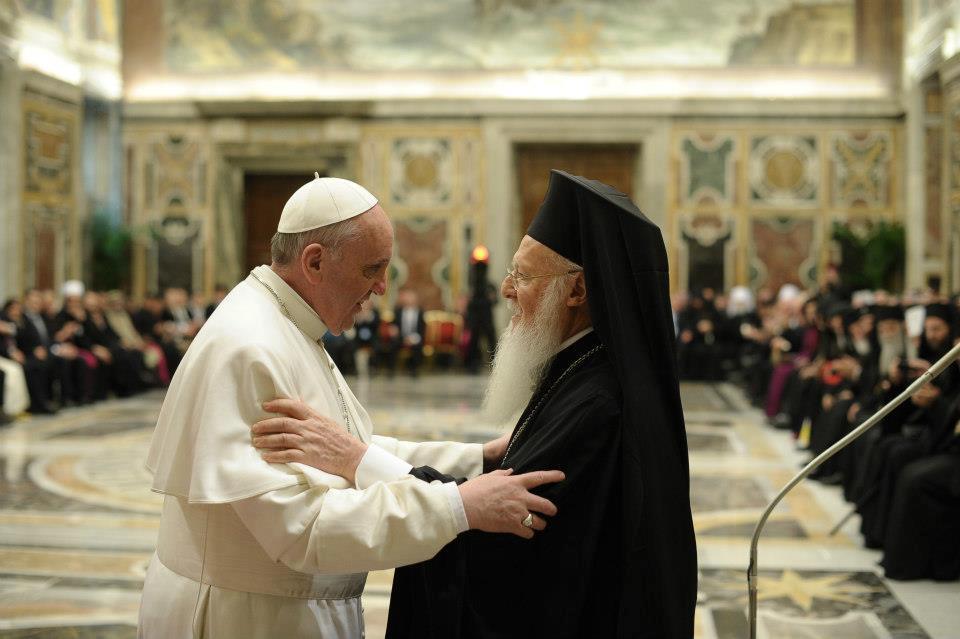Unity, Liberty, Charity


I was recently involved in a Facebook discussion where someone attributed the following quotation to St. Augustine:
“In essentials, unity; in non-essentials, liberty; and, in all things, charity”
I have previously heard these attributed to St. Augustine, but I had always been extremely doubtful of its origin. After commenting to this effect, someone else on the thread said he thought it was John Wesley, which sounded a bit more like it. However, after some digging, I found a post which confirmed that it definitely wasn’t Wesley.
After further research, I found that many people attributed these words to a relatively obscure German Lutheran theologian from the seventeenth century named Rupertus Meldenius, also known as Peter Meiderlin), who wrote a tract on Christian Unity (1627). However, after further digging, it appears that the earliest usage of the phrase is in 1617 by Marco Antonio de Dominis, Archbishop of Split, in his anti-Papal work “De Republica Ecclesiastica”.
